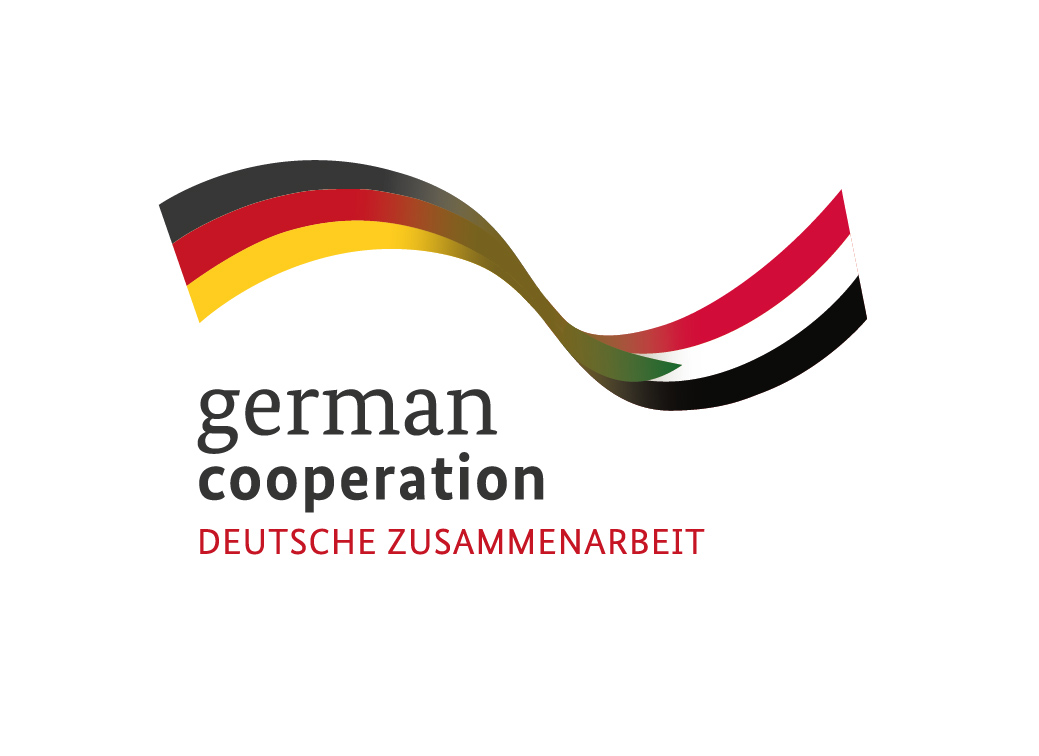 The International Criminal Law Regime: A Brief History
The International Criminal Law Regime: A Brief HistoryMuch of the current system of international criminal justice can be traced back to the decision to prosecute the Nazi leadership at Nuremberg, Germany, following WWII. In subsequent years, there were some additional efforts to prosecute other perpetrators of international crimes, but it was following the end of the Cold War that international criminal law truly came into its own on an unprecedented scale. In the mid-1990s, the United Nations Security Council established the ad hoc International Criminal Tribunals for the former Yugoslavia (ICTY) and for Rwanda (ICTR). Other tribunals that mixed elements of international and domestic law and personnel (see hybrid courts below), were also created, including the Extraordinary Chambers in the Courts of Cambodia, the Special Tribunal for Lebanon, and the Special Court for Sierra Leone.
In general, these international courts were established on the basis of primacy: they – and not the domestic justice system of the relevant state – had the primary jurisdiction and ability to investigate international crimes. Many courts were criticized for this as well as for their alleged application of victor’s justice, cost, and insufficient lack of relevance to local communities (see critiques, below). Some, like the ICTY, were able to prosecute perpetrators of international crimes from numerous sides of the conflict. Others, like the ICTR, focused exclusively on the atrocities of one political actor and ethnic group. The ad hoc approach to accountability helped galvanize interest in a permanent institution capable of investigating and prosecuting international crimes.
The Rome Statute of the International Criminal Court (ICC) was negotiated in 1998 and the permanent ICC became a functioning reality in 2002. The ICC has four primary organs: the Presidency, the Chambers, the Registry, and the Office of the Prosecutor. The ICC represents a compromise between the sovereign prerogatives of states and the aspiration of having universal jurisdiction over all atrocities committed across the globe. The Court, based in The Hague, currently has 123 member-states. Numerous powerful countries – including the United States, Russia, India, and China – are not member-states and remain outside of the Rome Statute system.
Rather than primacy, the ICC works on the principle of complementarity, whereby the Court can only investigate or prosecute alleged perpetrators of international crimes where the relevant state is inactive or is unable and unwilling to investigate relevant crimes and perpetrators. In recent years, the ICC has advocated a policy of ‘positive complementarity’ whereby the Court’s decisions are aimed at encouraging domestic authorities to investigate and prosecute international crimes within their own national justice institutions. For a detailed discussion on international crimes and the ICC, please see the information sheets entitled, “The International Criminal Court” and “An introduction to International Crimes”.
There are three mechanisms by which the ICC can initiate an investigation. These so-called ‘trigger mechanisms’ are: a referral by a member-state; a UN Security Council referral; and an investigation initiated proprio motu, i.e. when ICC judges grant the chief Prosecutor’s request to open an investigation. The ICC has launched numerous investigations to date, including into the situations in Ukraine, Kenya, Burundi, Libya, and Darfur, the latter two following UN Security Council referrals in 2005 and 2011, respectively. The ICC also has conducted numerous preliminary examinations. Based on a set list of criteria, during this phase the ICC Prosecutor determines whether an investigation into a situation is warranted. Currently, the Court has two such examinations, into the Venezuela II situation and into the situation in Nigeria.
Since its establishment, the ICC has prosecuted approximately forty individuals. These include former Lord’s Resistance Army senior officer Dominic Ognwen of Uganda, Thomas Dyilo Lubanga, a rebel leader from the Democratic Republic of Congo, and former Islamist militant Ahmad Al Faqi Al Mahdi from Mali. In 2020, Ali Muhammad Ali Abd-Al-Rahman surrendered to the ICC. His trial has been ongoing since April 2022 on charges of 31 counts of war crimes and crimes against humanity allegedly committed in Darfur between 2003 and 2004. The ICC also has a number of other trials ongoing, including those of four suspects from the Central African Republic. Among those wanted but not detained at the ICC are former Sudanese President Omar al-Bashir, over international crimes committed in Darfur, and Russian President Vladimir Putin, over allegations of war crimes committed in Ukraine.
International criminal law (ICL) has not been immune from criticism. Numerous scholars, victims and survivors, states, and interested observers have levied an array of critiques of ICL courts. Among them is the critique that international criminal law can frustrate efforts to negotiate peace. Courts like the ICC have tended to intervene in ongoing conflicts, which has led to concerns that tribunals are insufficiently attentive to how their decisions affect prospects for conflict resolution. Another common critique is that international courts are divorced from local realities and located too far from victims and survivors. Many tribunals have been criticized for elevating but not meeting the expectations of affected communities, leading to additional frustration among those affected by international crimes.
As noted above, it is rare for international courts to prosecute all sides of a conflict and, as a result,many tribunals have been accused of selectivity biases towards certain actors as well as victors’ justice. In addition, the ICC has been criticized for an alleged bias against African states (although this critique has subsided in recent years). While many African governments have requested ICC interventions, until recently, the Court had not opened investigations or issued warrants in non-African contexts. Relatedly, many states and observers remain concerned with the relationship between the ICC and the UN Security Council, and the apparent ability of the Council’s permanent five member states (the UK, France, China, Russia, and the U.S.) to inform and dictate the Court’s work. More generally, the ICC is criticized for its impacts or lack thereof – on peace, reconciliation, justice, the rule of law, and so on. It is important to note, however,that the Court’s resources are limited, and it relies entirely on the will of states to enforce arrest warrants and permit it to access situations where investigations are warranted. Moreover, given the diversity of stakeholders in ICL, it is impossible for the ICC – or any court – to satisfy all of them, all of the time.
There is no one-size-fits-all approach to international criminal law. ICL can be pursued at the international, regional, domestic, and inter-state levels. These levels often intersect and overlap. Beyond the permanent International Criminal Court, states have created a multitude of bodies and mechanisms to investigate and prosecute international crimes. These include:
To paraphrase former U.S. Ambassador-at-Large Stephen Rapp, there does not exist a system of international justice; just some trials in some places for some people some of the time. The realm of international criminal law remains, in many respects, piecemeal. A key challenge in coming years will be to resist fragmentation and to foster and embrace a coherent system of international criminal law, one that is stable, predictable, and lends itself to an increased capacity to address international crimes at the domestic levels. Doing so can help ensure that justice is served where it is most meaningful: closest to victims, survivors, and affected communities. To achieve this, it is also paramount that justice be accessible: no trial can be successful if it is not seen to be just or is too convoluted or distant to be accessed and understood by affected and interested communities.

